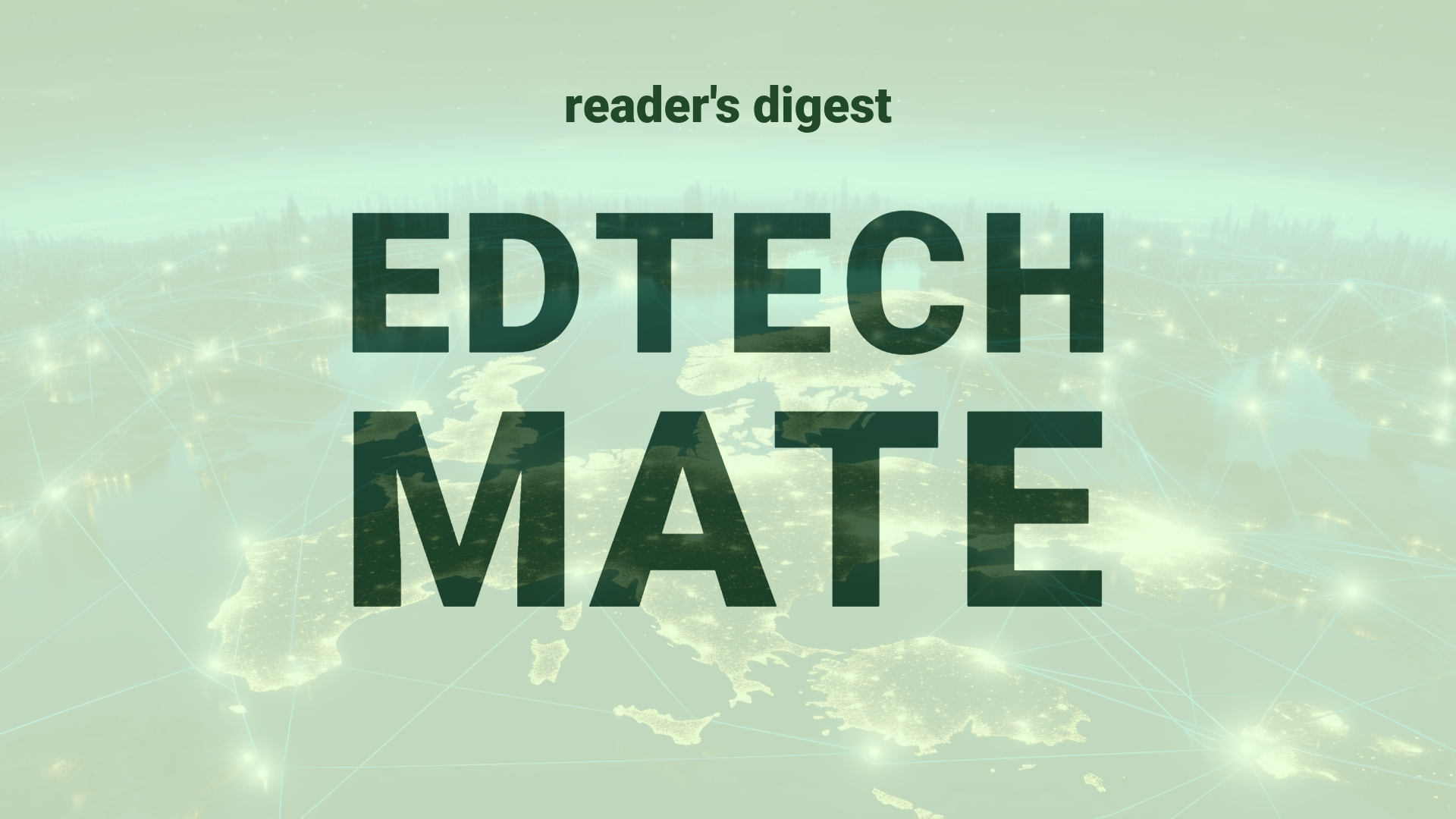Executive Summary and Main Points
Recent regulatory scrutiny of the Ethereum-based decentralized finance (DeFi) platforms by the Securities and Exchange Commission (SEC) is stirring significant attention within the crypto sector. Central to the debate is whether Ethereum and associated tokens should be classified as securities, which would considerably alter the regulatory landscape. Entities such as Uniswap Labs and Consensys have responded to the SEC’s legal actions, citing the misclassification of tokens and overreach of jurisdiction. These responses come against the backdrop of the SEC’s increased issuance of Wells notices and legal challenges targeting major players in the Ethereum ecosystem, potentially heralding a pivotal shift in the operation and regulation of DeFi platforms and cryptocurrencies.
Potential Impact in the Education Sector
The SEC’s intensified focus on Ethereum and associated DeFi platforms may lead to new compliance requirements and uncertainties in the adoption of blockchain technologies within Further Education and Higher Education sectors. The imposition of a securities framework can affect the utilization of Ethereum-based platforms for educational micro-credentials, academic record verification, and fundraising initiatives. Depending on the SEC’s final stance, strategic partnerships between educational institutions and blockchain entities may require reevaluation to ensure they align with regulatory requirements, and continued innovation in utilizing digital ledger technologies for educational applications may necessitate careful legal consideration.
Potential Applicability in the Education Sector
Despite regulatory challenges, blockchain technologies, including Ethereum-based platforms, hold significant potential for application in global education systems. Leveraging AI and digital tools, blockchain can streamline processes such as certification, record-keeping, and the transfer of micro-credentials. Educational institutions can explore strategic uses of blockchain for enhancing transparency, security, and the student learning experience across various digital interfaces. Technologies underpinning DeFi platforms might also be repurposed for educational financial aid and scholarship administration, given the right regulatory environment.
Criticism and Potential Shortfalls
The SEC’s actions raise concerns that the current regulatory frameworks may not be sufficiently adaptable to emerging technologies. Critics argue that the indiscriminate treatment of all tokens as securities potentially stifles innovation and limits the effectiveness of decentralized systems. Additionally, this approach may not resonate with the international view of cryptocurrencies and could lead to a misalignment with global regulatory standards. There are also ethical and cultural considerations, as reclassification might place disproportionate burdens on smaller organizations or educators wishing to incorporate blockchain within their infrastructure.
Actionable Recommendations
For international education leadership interested in incorporating blockchain and associated technologies, current legal developments necessitate a proactive and cautious approach. It is recommended that educational institutions actively seek legal advisement when pursuing blockchain initiatives, stay abreast of SEC rulings, and engage in advocacy for clear and innovation-conducive regulations. Furthermore, they should consider a diversification in blockchain platform dependency to mitigate risks associated with any single technology. Lastly, there must be a commitment to continue exploring the pedagogical and administrative potential of AI and blockchain, despite the evolving regulatory landscape.
Source article: https://www.cnbc.com/2024/05/21/uniswap-fights-back-against-sec-as-the-ethereum-crackdown-continues.html

